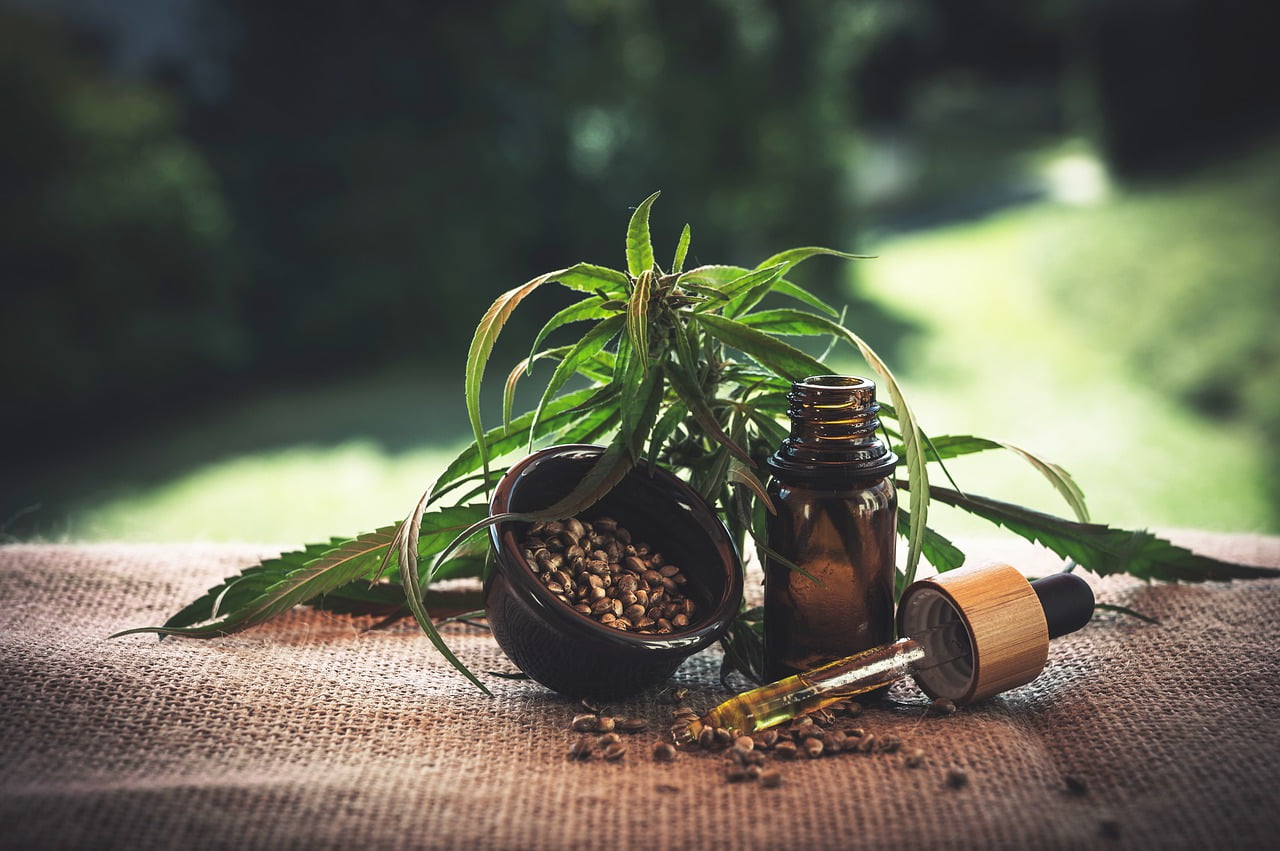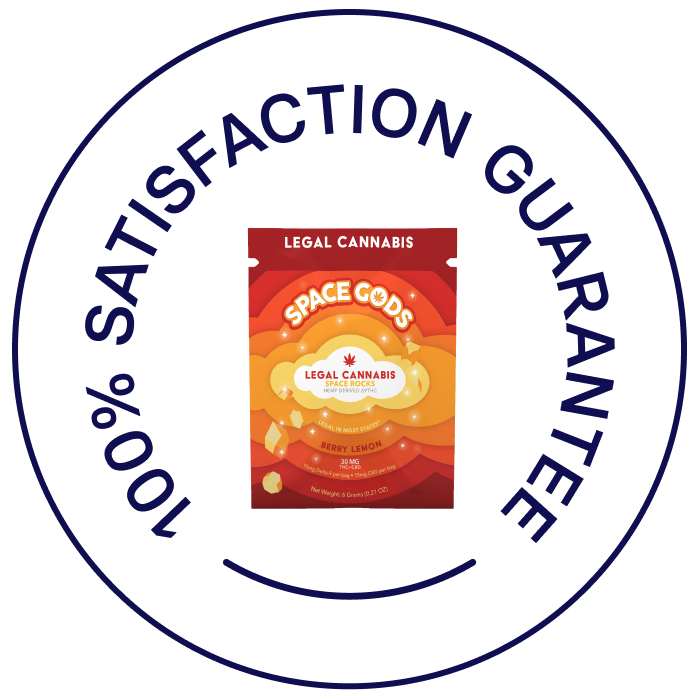We know, it’s pretty easy to feel lost in the world of cannabis especially when it comes to learning all the different terms, scientific facts, and laws weaved into the conversation.
A lot of people refer to CBD oil as “hemp oil,†and a lot of other people refer to “hemp seed oil†as hemp oil. So what is it? Isn’t it a toe-may-toe or toe-mah-toe type of situation?
No, friends. No, it isn’t.
CBD oil isn’t hemp seed oil, and hemp seed oil isn’t CBD oil. (But they do come from the same place!)
What’s the difference between CBD oil and hemp seed oil?
On one hand, CBD oil is produced with all the flowers, stalks, and leaves of the hemp plant. This leads to a higher CBD concentration, which a lot of people know as a formula for lots of potential health benefits.
On the flip side, hemp seed oil is derived from the seeds of the Cannabis sativa plant. The seeds themselves don’t have CBD, but nonetheless, they do have some possible health benefits because of the nutrient and fatty acid content.
Alright, now that we’ve broken down the basic differences and definitions of hemp vs. CBD, we can delve into the fun details of the two (like what on earth they’re used for!).
A little more about CBD oil…
When it comes to chasing that potential feeling of relaxation and ease, CBD oil is the guy people are hitting up these days.
There are typically three different kinds of CBD oil known throughout the marketâ€â€
- Full-spectrum CBD oil: This type has every compound available in the cannabis plant, including THC (but really low amounts)
- Broad-spectrum CBD oil: This one has some of the different compounds of cannabis, but excludes THC
- CBD isolate: this is pure CBD, nothing more and nothing less
Since these terms aren’t technically regulated, some manufacturers tend to use them interchangeably (a great example of how knowledge is power, people!).
Because of the immense saturation of CBD products being manufactured left and right (and sometimes by sketchy sources), it’s important to look for the Certificate of Analysis (COA) when scoping out a CBD product you’re interested in. This certificate is issued by a third-party scientific lab that conducts testing on the content and quality of the product’s ingredients. This is pretty much the only way to guarantee that you’re getting exactly what you’re looking for in your CBD product.
A few more things about hemp seed oil…
Hemp seed oil comes from the Cannabis sativa plant’s seeds. It’s chock full of omega-6 and omega-3 fatty acids, gamma-linolenic acid, and other nutritional antioxidants (basically it’s really good stuff). Oh, and it’s also full of B vitamins and vitamin D.
And if you were wondering, no you can’t get high off hemp seed oil. It has 0 THC and pretty much no CBD in it, either.
Hemp seed oil isn’t really a recreation type of substance because, as we said, the THC and CBD levels (you know, the stuff that makes you feel good and spacey) are limited or virtually nonexistent.
However, you can find the stuff in some nutritional supplements because of the high omega acids and antioxidant content.
Hemp seed oil is also used by fiber and clothing manufacturers, pretty cool, right?
To conclude…
Yes, CBD oil and hemp seed oil have the same mama the cannabis plant. That being said, the difference is that CBD oil comes from the entire plantâ€â€stems, leaves, flowers, the whole sha-bang and is consumed for its purported physiological effects, whereas its hemp seed oil sibling is derived solely from the plant’s seeds and is used in supplements and clothing manufacturing.
We hope you learned a thing or two or ten!
The Space Gods are always happy to help spread the good cannabis word make sure to check out our awesome line of CBD+THC gummies.


